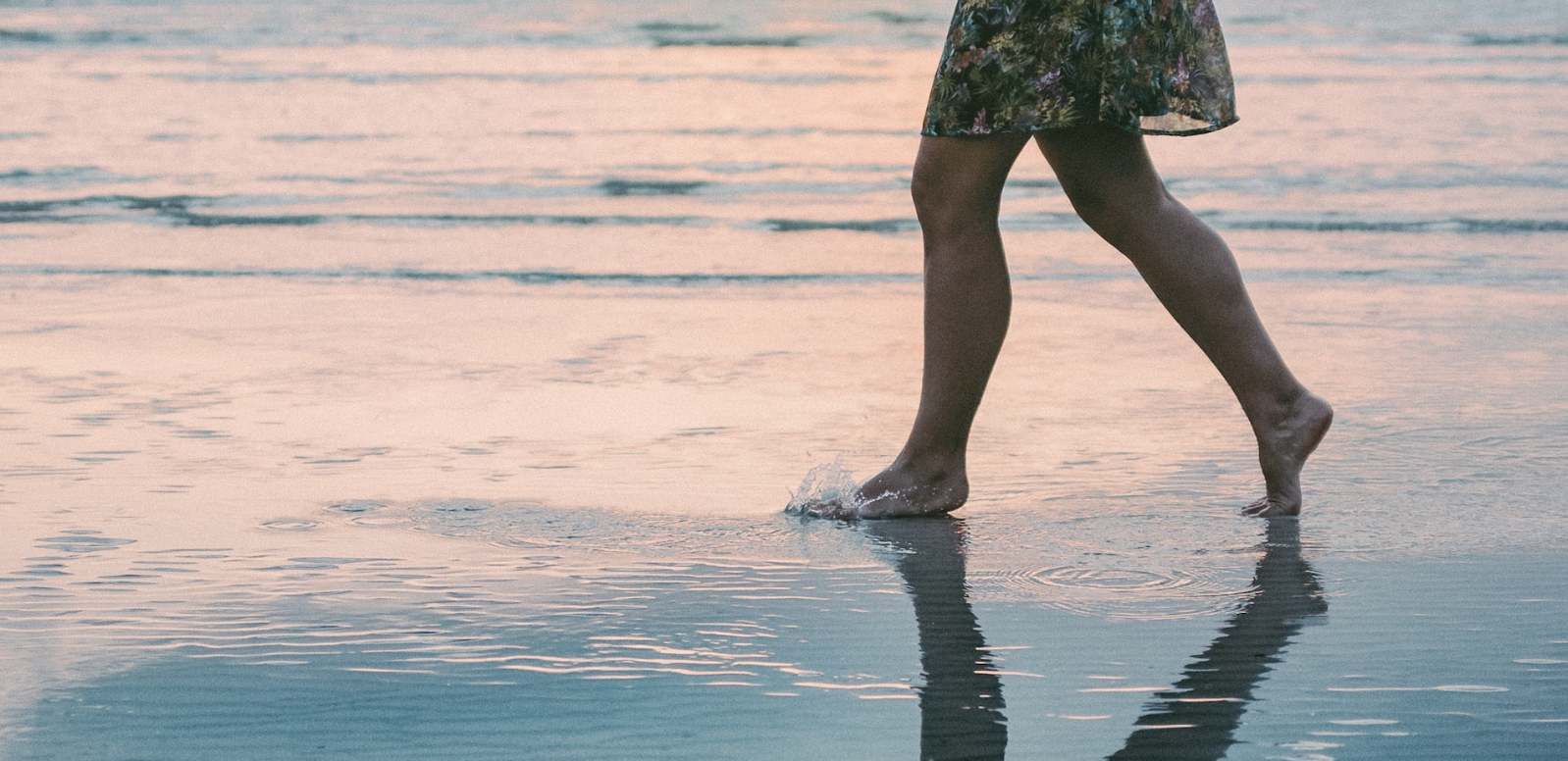SLEEPING WHEN YOU'RE IN THE THICK OF IT
Whether you’re sitting by a lake or having a sweaty stroll through a city park, I hope summer’s sweetness is finding you.
I’ve had an unordinary spring and start to summer. In March I took a magical trip to Belize, but right before we left I was diagnosed with breast cancer. There was a lot to process but I decided to go on the trip anyway, to fill up my tank. I’m so happy I did – I needed the full tank. The header photo is of me zip-lining in through the jungle canopy (a wee little metaphor for you).
By now I’ve had some time to find my footing, and my words, which I’ve struggled to find many days. I’m moving through the recovery process which has been soft and slow some days and others days, hard and destabilizing. My prognosis is excellent and if I had to sum up my current state I’d say, I’m feeling immense gratitude for where I am at and for the circle of support I’ve found myself surrounded by. I haven’t felt like this every moment of every day, but it’s where I’m at now.
My summer work commitments have been very paced to make extra time for: napping, walking in the forest, and swimming in any lake I can find. I’ve had the pleasure of continuing my 1-on-1 work with families and grown-ups, and have had some really fun talks and workshop opportunities with a few different groups of awesome women including Annie’s group (Veeve Wellness) and Michelle’s group (Wayza Health).
What I’ve learned about sleeping, when we’re in ‘The Thick Of IT’
Not surprisingly, my sleep has been far from perfect the past few months. When we’re in ‘The Thick Of It’, whatever IT might be, our sleep is an incredible source of healing, and at the same time, seriously compromised.
Here’s what I’ve learned: this is not the time to perfect our sleep hygiene routines, follow rigid schedules and strive for a replenishing eight hours every night. There will be time to get sleep back on track later.
While we’re moving though big stuff, staying connected to ourselves is vital to healing, and to do this we need to stay supple, our sleep routines included. What helps us get some sleep might change when we’re under unusual amounts of stress.
Sleeping separately or together
I have a friend who is battling an illness and while she normally LOVES to sleep on her own, she’s craving the closeness and connection with her partner at night – when fearful thoughts and feelings ramp up. It’s also totally reasonable that if your sleep is all over the place, sleeping alone might feel most nourishing even if it’s not your bed partner’s first choice.
Not all soothing distractions are a problem
When you’re in The Thick Of It, banishing all screens before bed might not be realistic or optimal. Distractions can be helpful if they allow us to move out of our reeling minds, and calm and soothe our nervous system. Knowing when we need or want to check out and giving ourselves permission to do this is OK. If we can notice what’s happening at the moment, this helps us stay connected to ourselves:
“I’m feeling a big wave of grief – I’m going to watch this ridiculous baking show to distract myself until I’m tired enough to drift off.”
Your morning routine can help you at night
What you do in the morning, sets you up for sleep that night. And when we’re moving through challenging stuff, morning routines can be easier to groove out.
Receiving 15-20 minutes of full spectrum light in the morning (ideally, before 8 am), helps strengthen our internal clock and calibrate our sleep system so we feel more tired in the evening. Adding gentle movement to your morning also sets your body clock to “daytime” and helps you feel more sleepy at bedtime.
Rest like it’s your job (if you can)
Build in heaps of time for rest. More than you think you need. Rest is different from sleep but is vastly regenerating. Resting during the day steers you out of hyperarousal and breaks the cycle of overtiredness so you avoid that tired-but-wired feeling at bedtime and fall asleep more smoothly. Downtime is also space for processing thoughts – which helps our minds let go at night.
A different angle on nightmares
Charlie Morley describes nightmares as ‘scabs’ – a vital part of healing emotional distress or trauma. If you are experiencing sleep disturbances or nightmares, you might enjoy this interview with him on the Consciousness Explorer’s podcast, hosted by meditation teacher (and friend) Jeff Warren, along with co-host Tasha Schumann.
I love to think about the intelligence of our body-mind, offering us a crazy dreamscape as an extension of the healing process throughout the night.
I also recommend Charlie’s book: Wake Up To Sleep, if you are someone with a history of trauma that affects your sleep and are looking for some practical strategies that address healing stress or trauma-affected slumber.
For those who joined my Save Our Sleep course wait list in the spring – thank you for your interest, and patience. I’m very excited to be offering a new and revamped version of this in the fall. Stay tuned, registration is opening shortly.
If you are exploring your relationship with food, eating and your body, and suspect there are links to your sleep, you are right! Check out my conversation with Michelle Tubman on her podcast here. She’s an emergency physician who also works with groups of women who are done with conventional dieting strategies and are looking for more fulfilling approaches to cultivating a healthy body image.
Michelle is an compassionate and inspiring leader. I loved getting to meet her crew of women to talk about sleep health as part of their journey.
I’m continuing to dive deep into themes of healing and sleep and look forward to being in touch and sharing more with you in the fall.
In sleepy solidarity,





